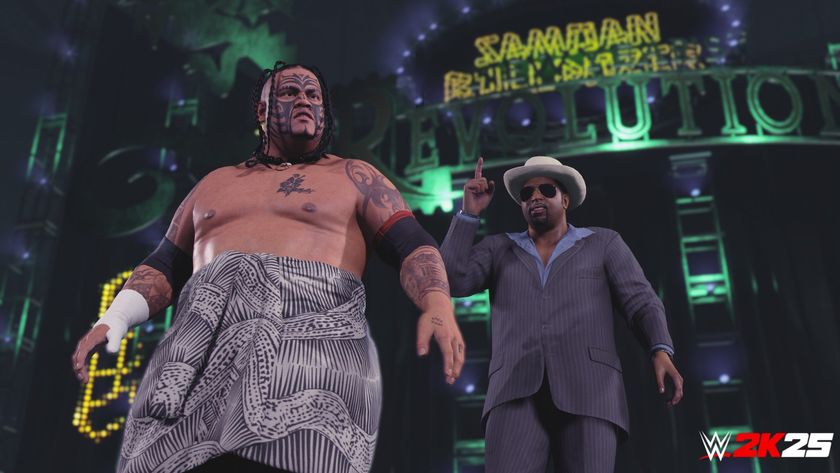Salt and Sacrifice devs on the trials of bringing online multiplayer to its hellscape
Ska Studios discuss the importance of balancing experience and ambition
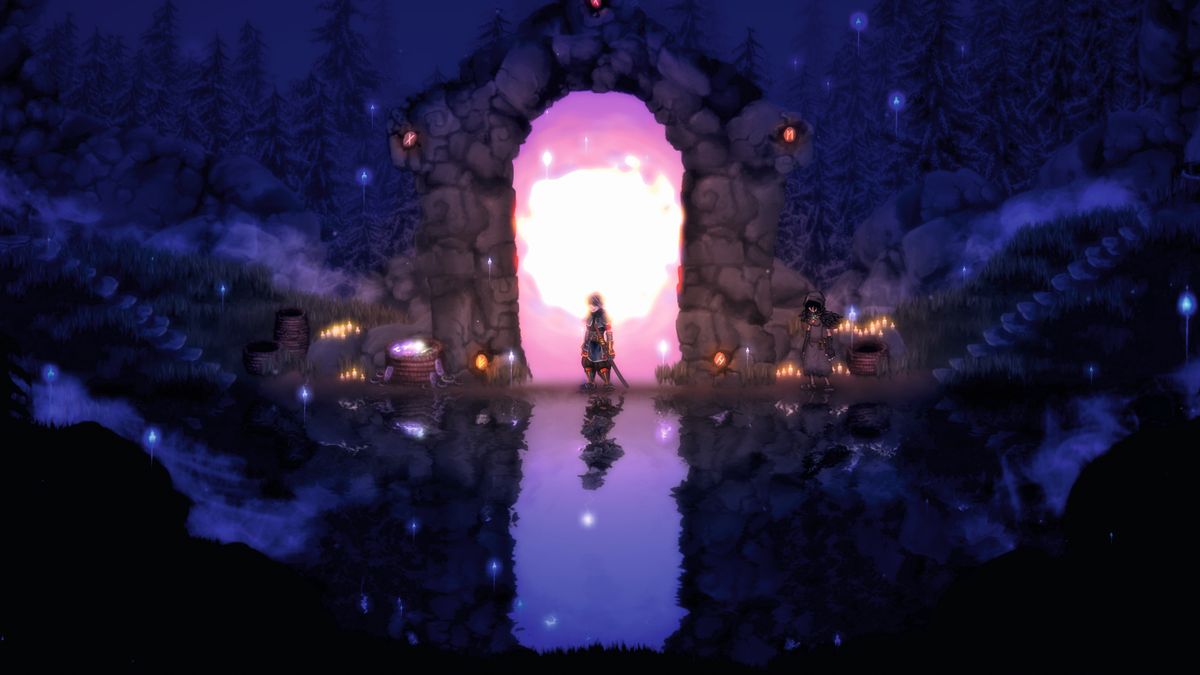
When Ska Studios launched Salt and Sanctuary, the 2016 forerunner to Salt and Sacrifice, it arrived in the short window between Bloodborne and Dark Souls 3. Back then, the 'Soulslike' genre as we now know it wasn't nearly as prominent, and as far as 2D variations on FromSoftware's acclaimed works are concerned, Salt and Sanctuary was the first proper success story. In its wake, we've seen the likes of Dead Cells, Hollow Knight, and Blasphemous carry the torch deeper into the depths of despair, but Salt and Sanctuary really wore its inspirations on its bloodied sleeve – with unforgiving combat, deep progression mechanics, bastard-hard boss battles, ambiguous lore and enchanting maps in spades – without ever being derivative.
As a one-man team, crafting a follow-up to such a commercial and critical hit was never going to be easy for James Silva – particularly when Silva himself is once more handling the game's art, animation, level design, and music. Salt and Sanctuary was a purely single-player game, however, in another act of extreme ambition, Silva has recruited Devoured Studios co-owner and longtime friend Shane Lynch to bring online multiplayer to its sequel. "Before we'd even started work on anything, I was sending Shane screenshots, and I was like, here's this new thing, I don't know what I'm going to do with it," says Silva. "And Shane was like: 'you should put multiplayer into it; I could do that.' And I was like: 'that's crazy!' And then I was very, very into it."
Sweat and tears
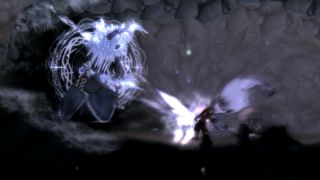
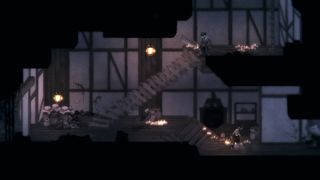
Now on the cusp of Salt and Sacrifice's May 10 release, Silva and Lynch are in the very final stages of development and fully appreciate the magnitude of adding online play, and the eventualities and pitfalls doing so can create. "It turns out there are five million little things that can go wrong when networking is on the line," says Silva. "I'm just so glad that Shane's so good at it because I would have dissolved at this point." Lynch adds: "We're at the point now where we're like: 'Hey, we can't add any more features.' And every change we're looking at, we're like: 'Does this need to be changed? Or is it fine?' And then, you know, we'll play the game again for a little bit and we're convinced it's a good game again."
It seems fitting that one of Salt and Sacrifice's biggest challenges behind the scenes is so rooted in risk versus reward. Like its main source material, Souls games, and thus by extension Soulslike games, are unpinned by how their players balance ambition and caution, whereby, more often than not, fortune favours the brave. Against the significant renewed interest in brutally unforgiving fantasy action RPG games levied by Elden Ring, Salt, and Sacrifice could just as easily have followed its forerunner as a pure and simple sequel, but by introducing online multiplayer and Monster Hunter-like Mage hunts, it's shaping up to be a different beast entirely.
Through this, another conundrum Ska Studios has faced on the developer side of things is maintaining an equilibrium between ambition and experience. By his own admission, Silva has learned so much since starting out on Salt and Sanctuary the best part of a decade ago, which, in turn, has given him the appetite to push the boundaries of his games, his imagination, and his skill set more than ever before. He says: "Experience can be great because it can make you feel wiser. Your experience also lets you know when you've made a mistake. But your ambition then says: what are we going to do with that? Right? Just you just work at it? Yeah! This applies to most games – the fact that you want to make the next more ambitious than the last, even though the last one was just an insane amount of work. This one is no exception."
"You could be exploring a new area, wind up in a labyrinthine passageway, open a door at its end and be like: 'Oh, I recognise this. We're back here again.' I love those sorts of interactions."
Lynch agrees and says it's easy to become so consumed by what's in front of you, that it's important to pull on that experience to remember how you arrived at where you are today. Lynch of course didn't work on Salt and Sanctuary and says while its sequel started out as a Monster Hunter-meets-Soulslike endeavour, it's now veering closer to the latter as a result of replaying the original game, remembering what made it so great in the first place, and then applying certain gameplay mechanics and elements to Salt and Sacrifice in the present.
To this end, Silva hails Lynch's fresh perspective, underscoring the importance of exploration in games of this ilk. In its earliest days, says Silva, Salt and Sacrifice comprised short missions tied to a centralised hub, wherein hunting monsters was the primary focus for progression. "Originally, the game was going to be really straightforward. I mean, the original build just had a hub that you'd go from on a mage hunt, you'd come back to the hub and, you know, craft and stuff," says Lynch. "And yeah, at some point, Shane dragged me in a direction where he was like: 'You know, when you lose out on the exploration aspects, you lose out on a really crucial part of the experience.'"
Sign up to the 12DOVE Newsletter
Weekly digests, tales from the communities you love, and more
If Elden Ring has taught us nothing else, it's that exploration is indeed huge in these types of games. Some of the best player-led stories to have surfaced from the Lands Between over the last couple of months have revolved around the journey more than the destination. And while the stakes are different in 2D worlds, part of what made Salt and Sanctuary so great was the ways in which it leveraged its quirky two-dimensional environments in combat and traversal. Lynch adds: "So Salt and Sacrifice kind of went from this very hub-based world, with very short episodes, to exploring a larger world where there's progression, there are shortcuts, there's unlocking things, items of interest, bosses, there's just so much stuff – all of which tie back into exploration."
"It was really neat to see all of that come together and steer this world around the player's decisions. You could be exploring a new area, wind up in a labyrinthine passageway, open a door at its end and be like: 'Oh, I recognise this. We're back here again.' I love those sorts of interactions."
The path ahead
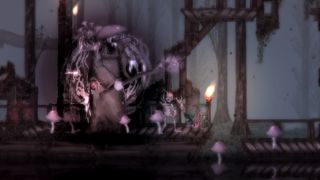
Launching a Souslike game in the immediate wake of Elden Ring is both exciting and daunting, says Silva, while admitting neither he nor Lynch has had time to wander the disparate plains of the Lands Between as they near Salt and Sacrifice's launch. With Elden Ring acting as a gateway to the wider Souls series for many who missed the boat the first time around, players appear thirsty for action RPG games more now than ever before. That trickle-down effect may mark good news for Ska Studios, however, Silva reckons a sweeter spot in audience terms is players who like the idea of FromSoftware's games, but who get overwhelmed at the thought of each one's vast and sprawling three-dimensional game worlds. "I've spoken to a number of players who in theory dig Souls games, but, instead of being into the 3D aspect of it, they much prefer having a 2D Metroidvania style thing. And our games, of course, fit that mould."
Players will get the chance to enjoy the Souls-meets-Metroidvania-meets-Monster Hunter world of Salt and Sacrifice on PS4, PS5, and PC on May 10, 2022, in solo, couch co-op, and, for the first time ever, online multiplayer. Both Silva and Lynch are excited, nervous, confident, and filled with dread – a spectrum of emotions befitting the nightmarescapes they've created. As you might expect, they can't wait to unleash their latest venture into the world. And only after that, can they think about playing other games. Lynch says: "When we ship I want to take my PS5 to a cabin in the woods to play Elden Ring."
Need a comprehensive list of all the best upcoming PS5 games? We got you covered.

Joe Donnelly is a sports editor from Glasgow and former features editor at 12DOVE. A mental health advocate, Joe has written about video games and mental health for The Guardian, New Statesman, VICE, PC Gamer and many more, and believes the interactive nature of video games makes them uniquely placed to educate and inform. His book Checkpoint considers the complex intersections of video games and mental health, and was shortlisted for Scotland's National Book of the Year for non-fiction in 2021. As familiar with the streets of Los Santos as he is the west of Scotland, Joe can often be found living his best and worst lives in GTA Online and its PC role-playing scene.
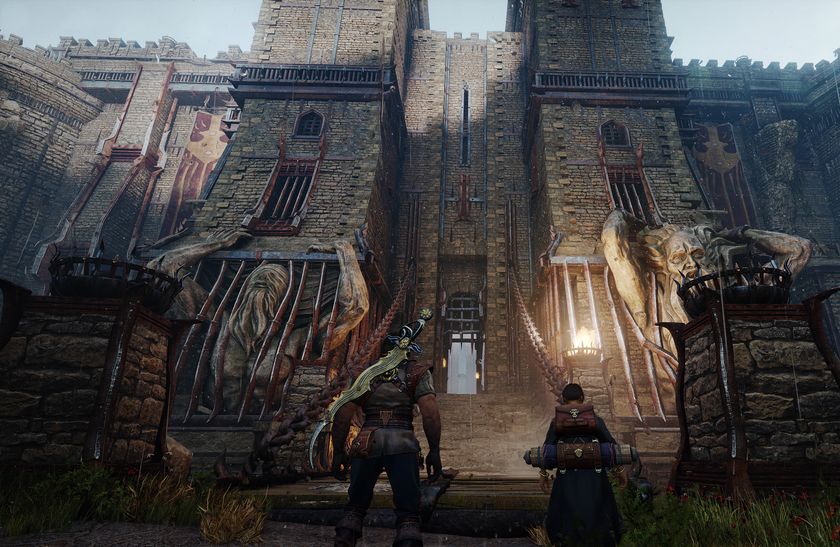
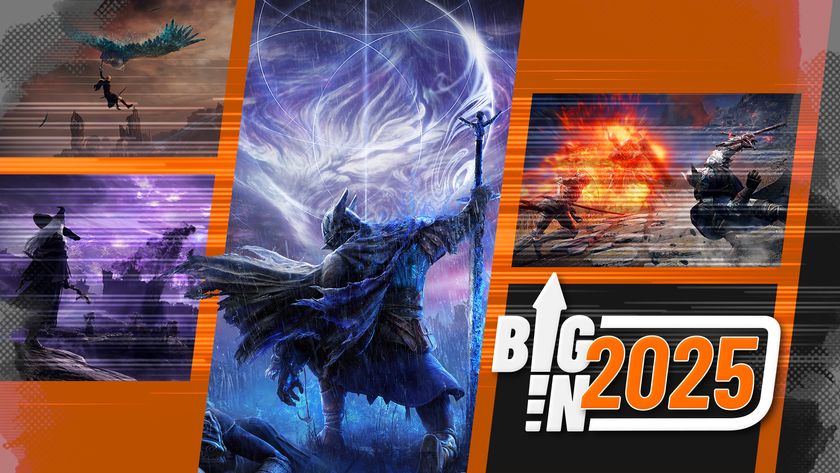
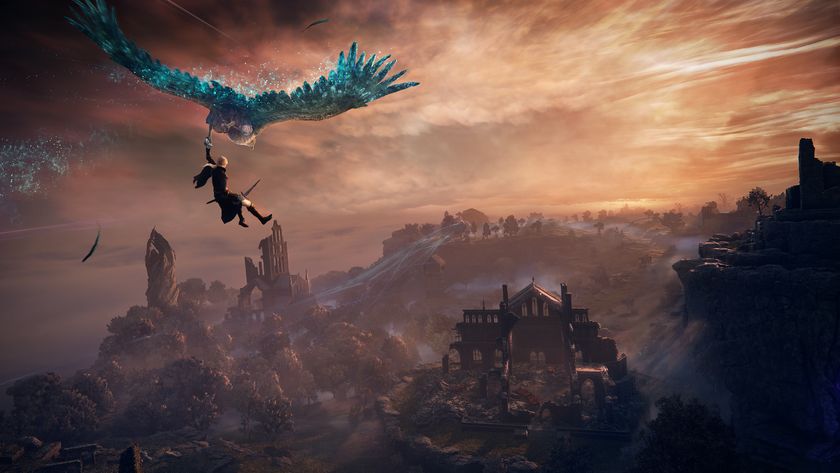
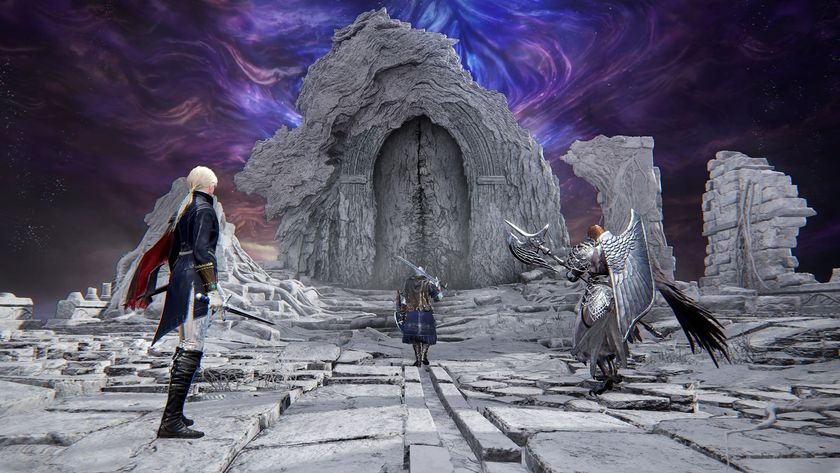
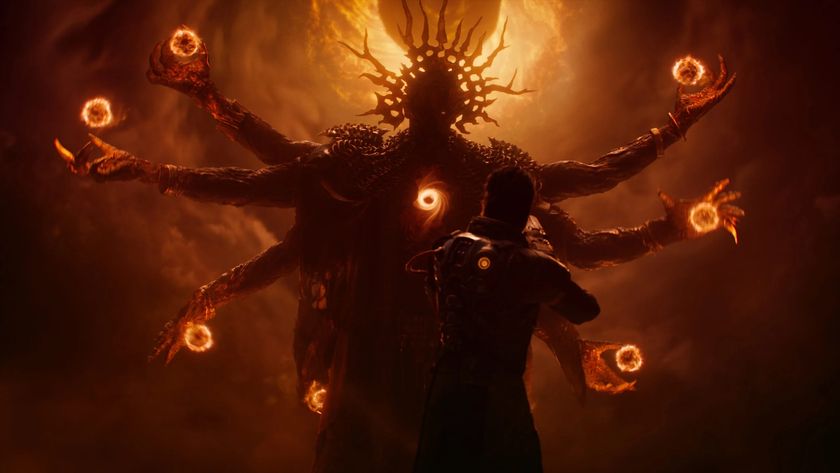
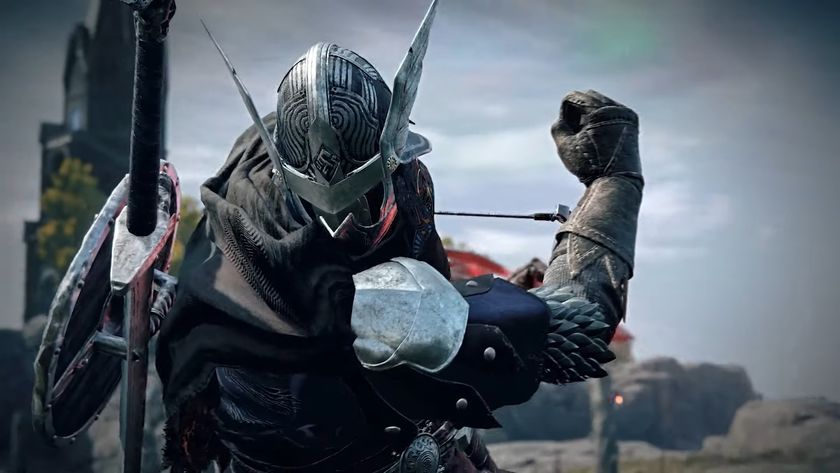
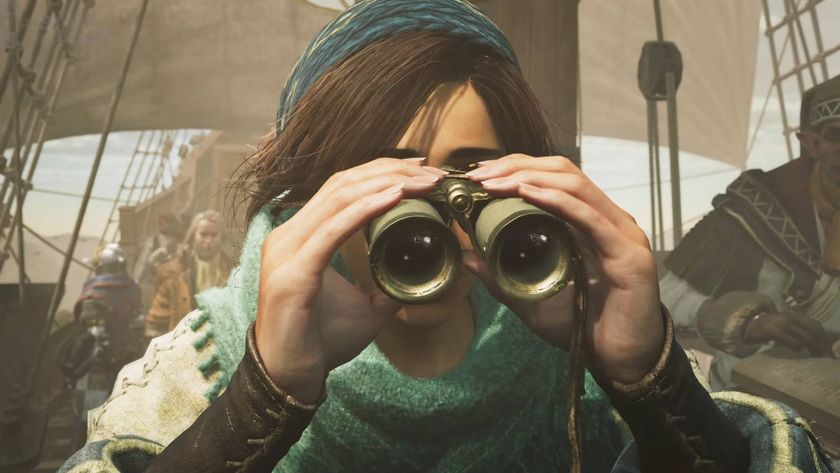
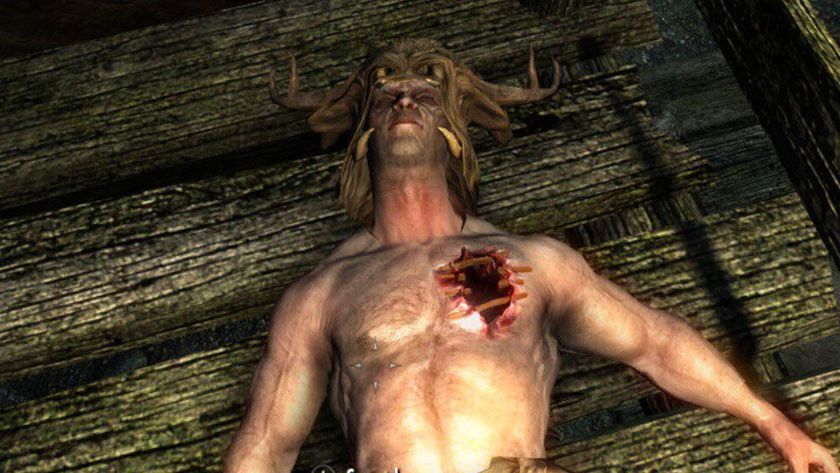
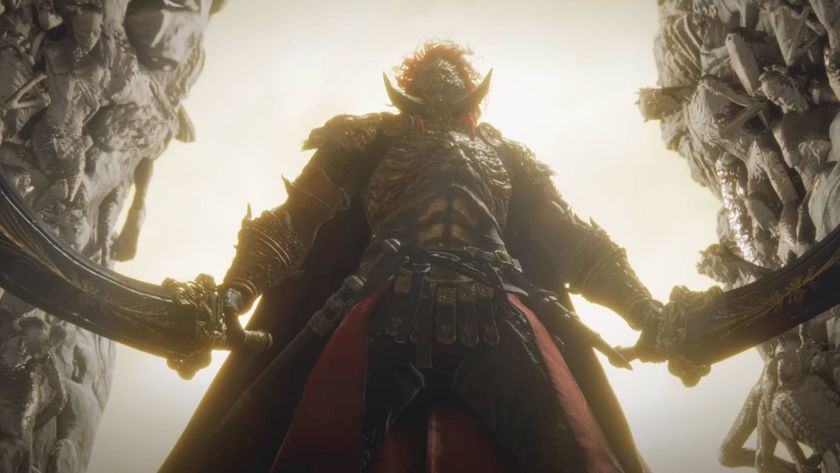
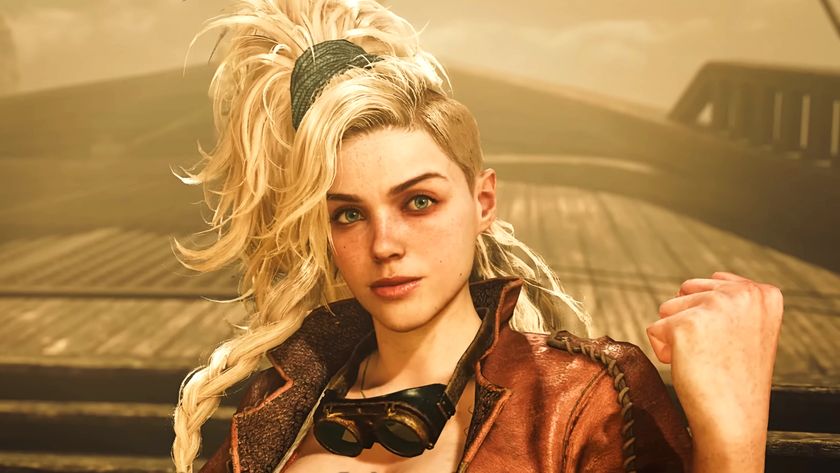

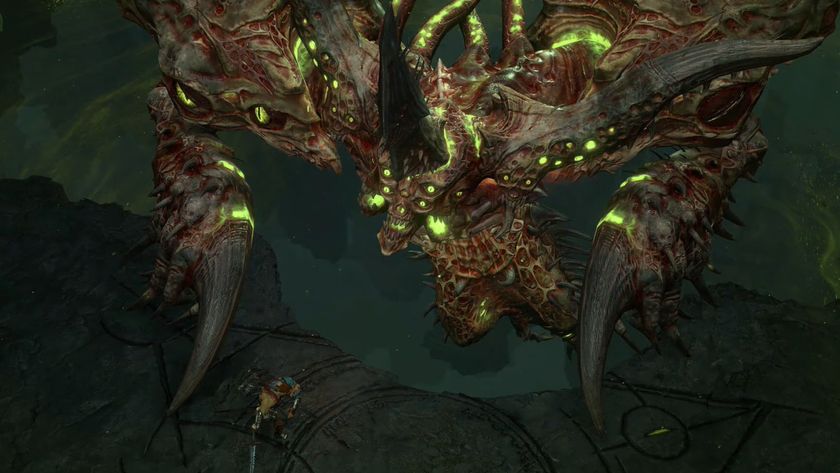







Despite Monster Hunter Wilds suffering monstrous performance problems on PC, it still outsold the PS5 and Xbox Series X versions in the US

It took Skyrim players nearly 15 years to discover ingenious loot hack that completely changes the game and, uh, requires you to desecrate a couple corpses
